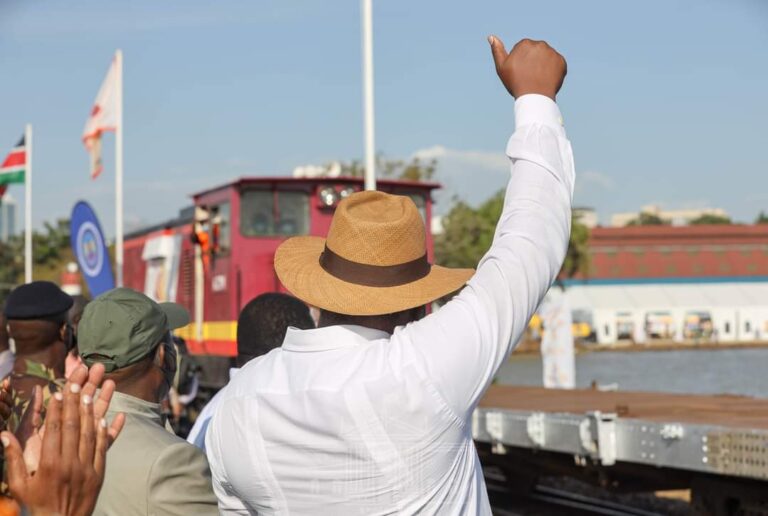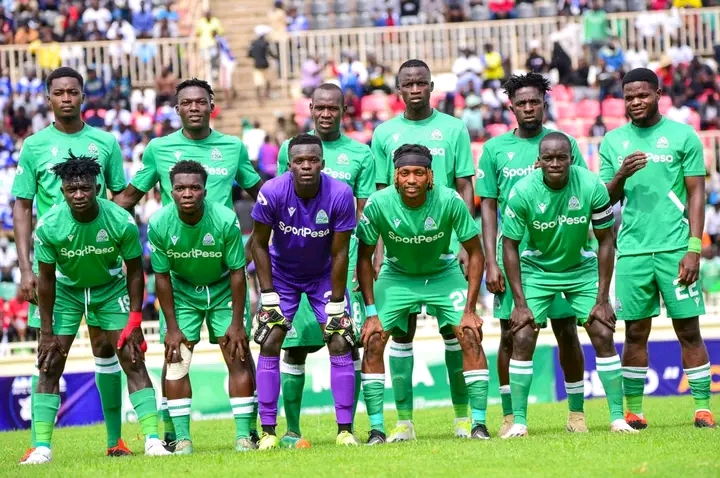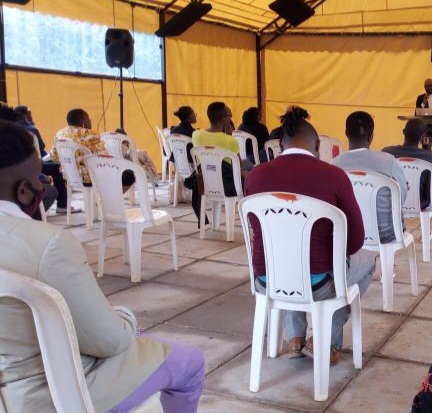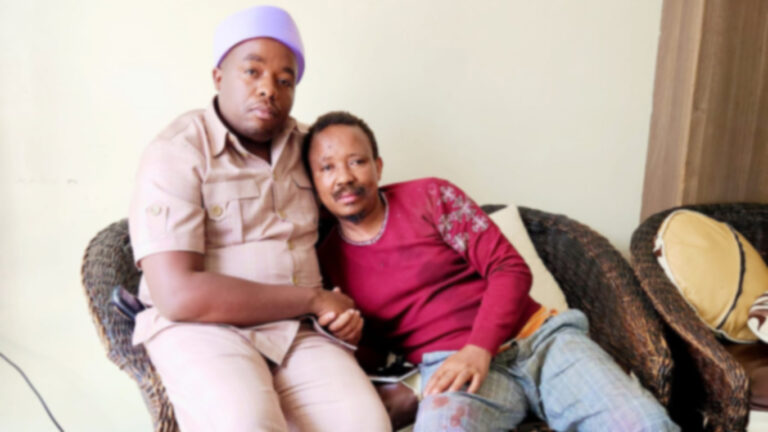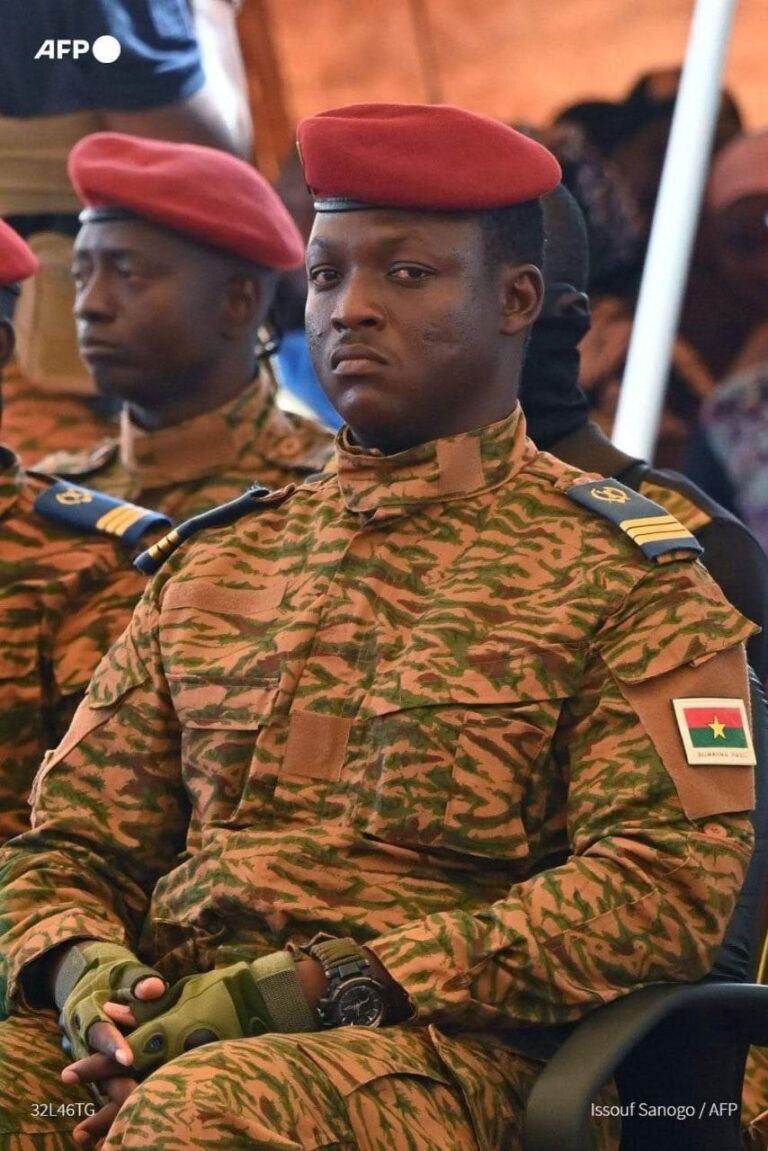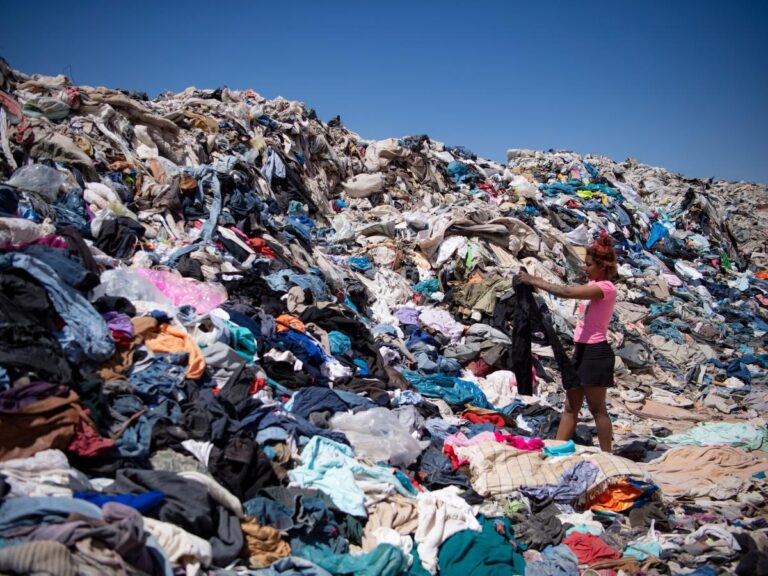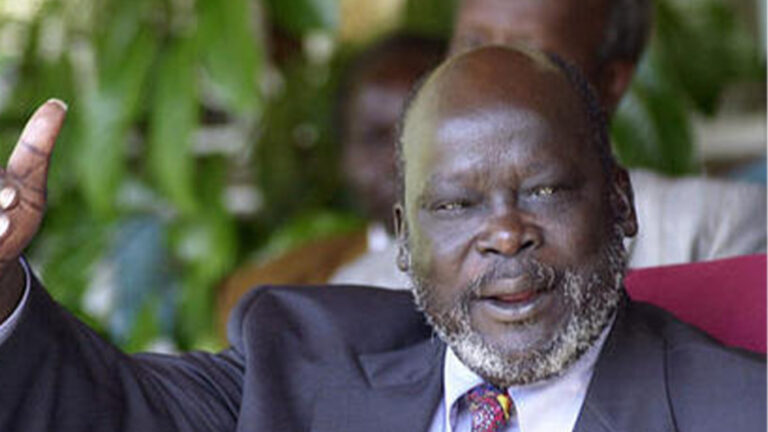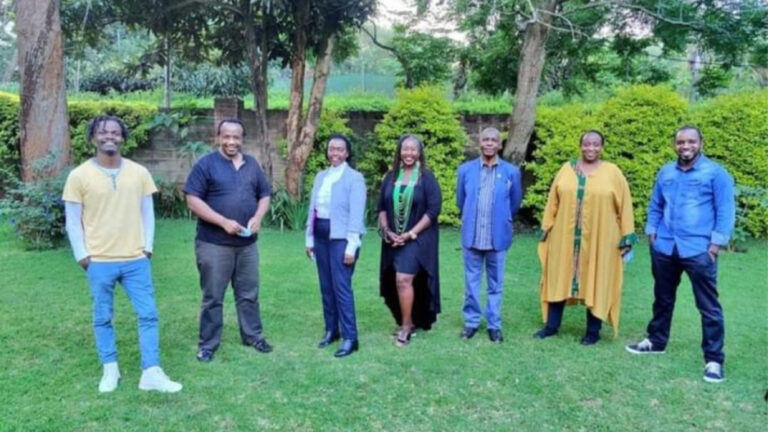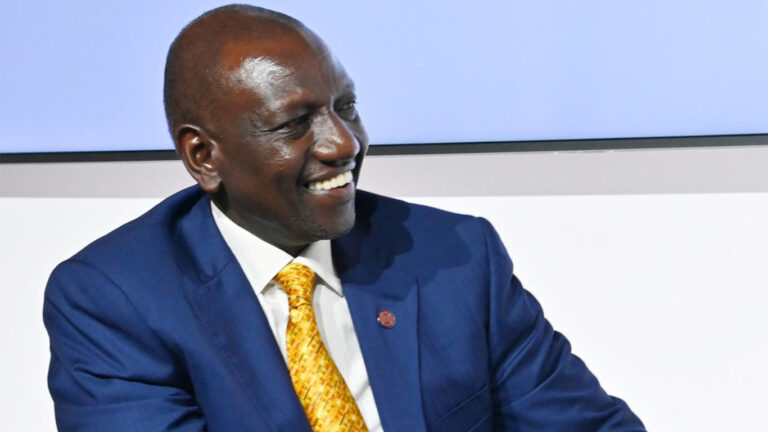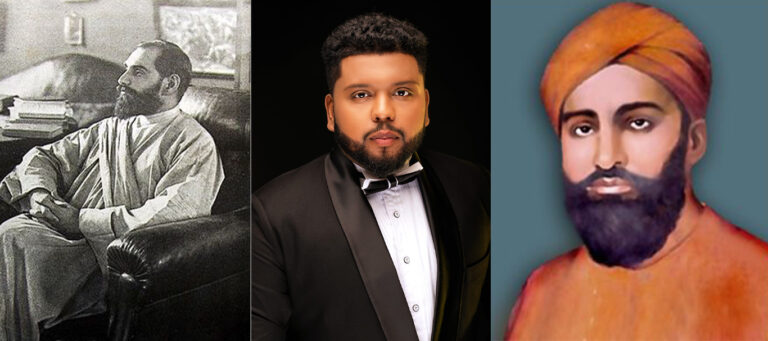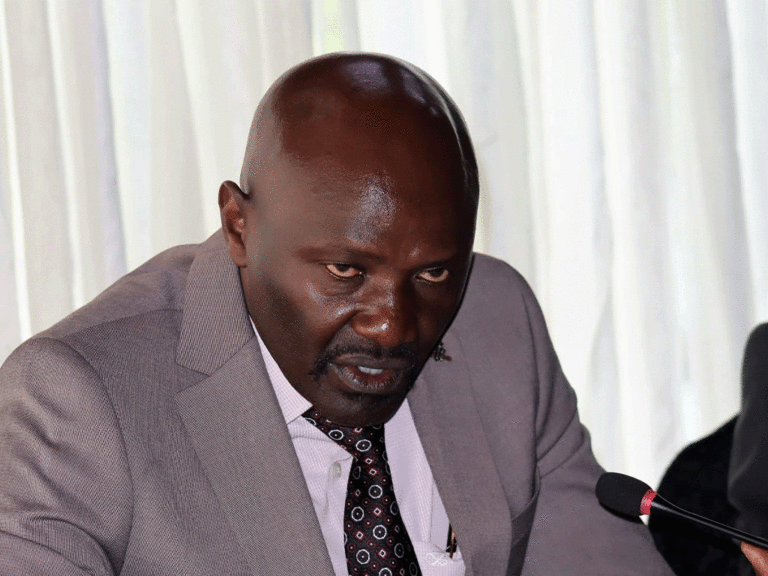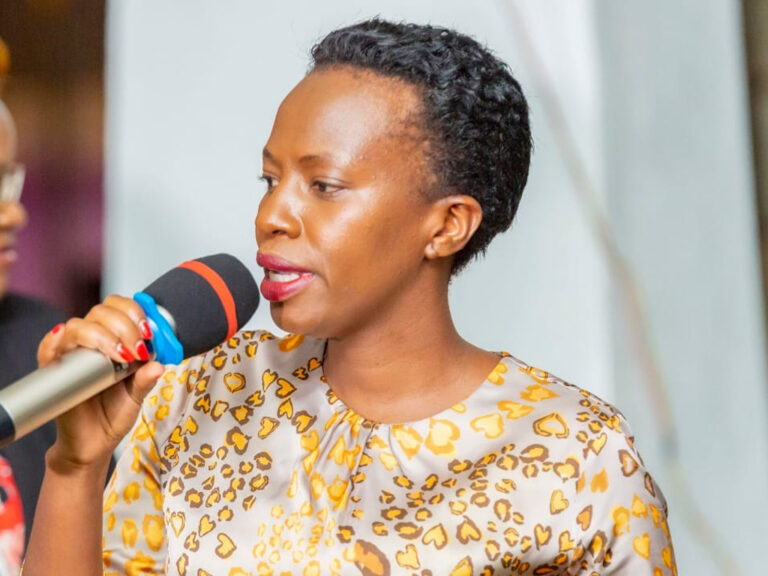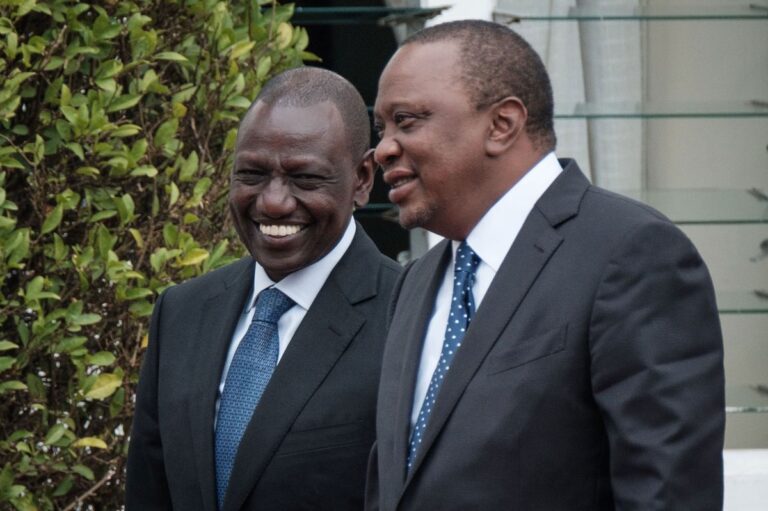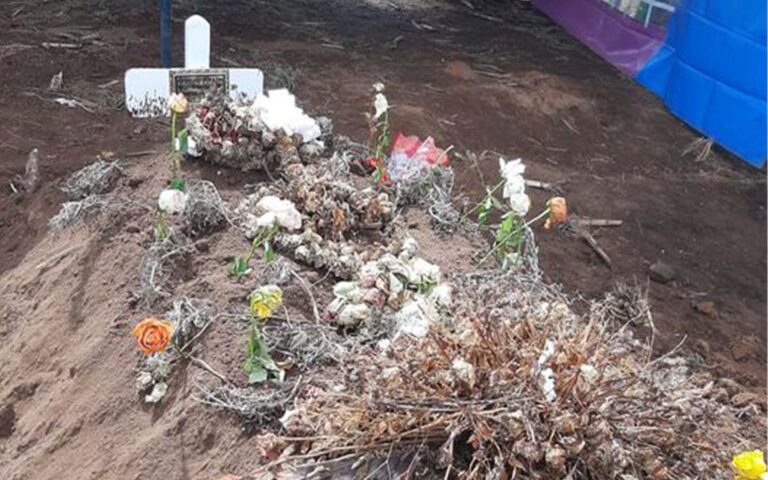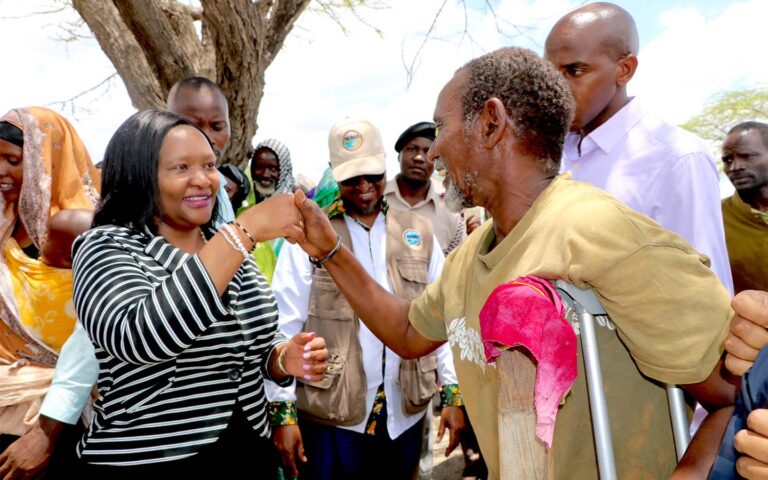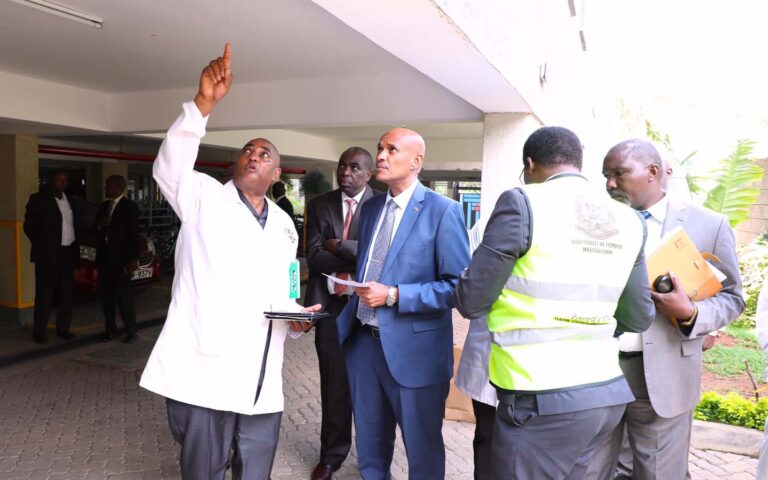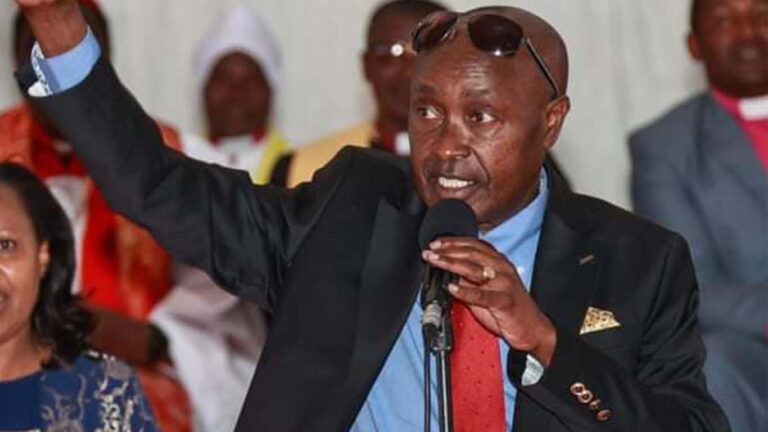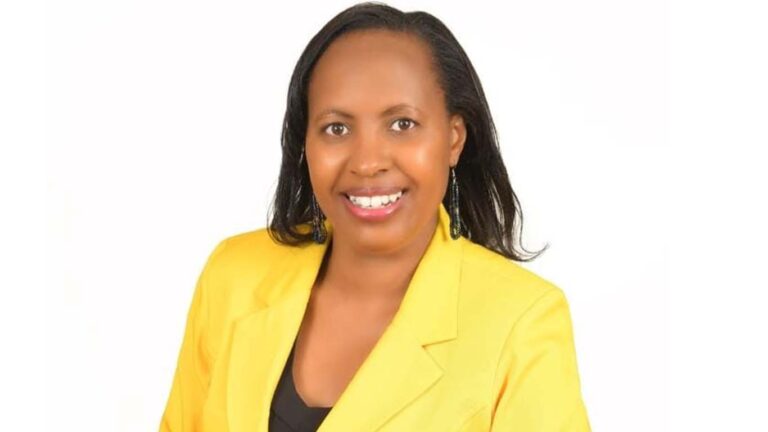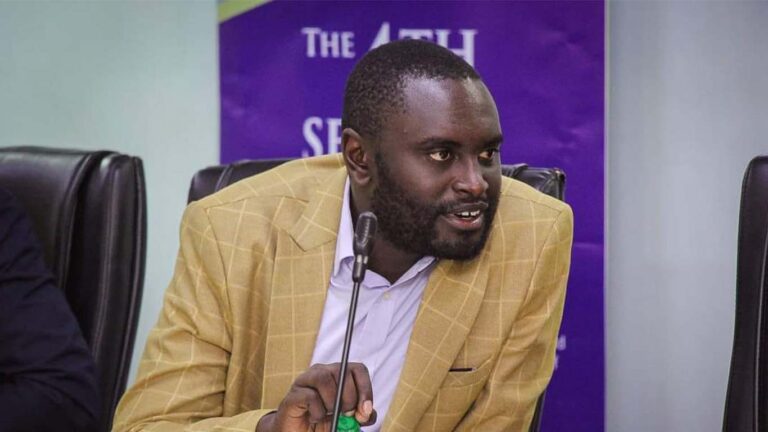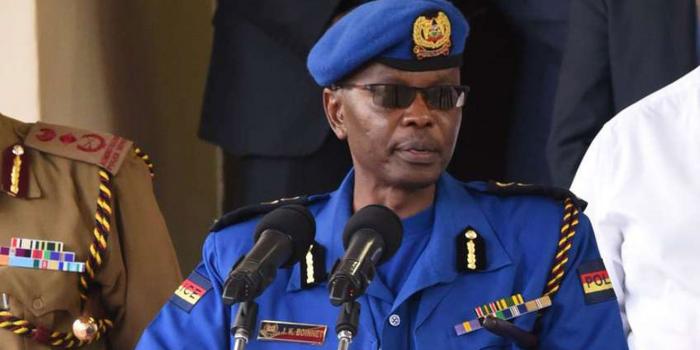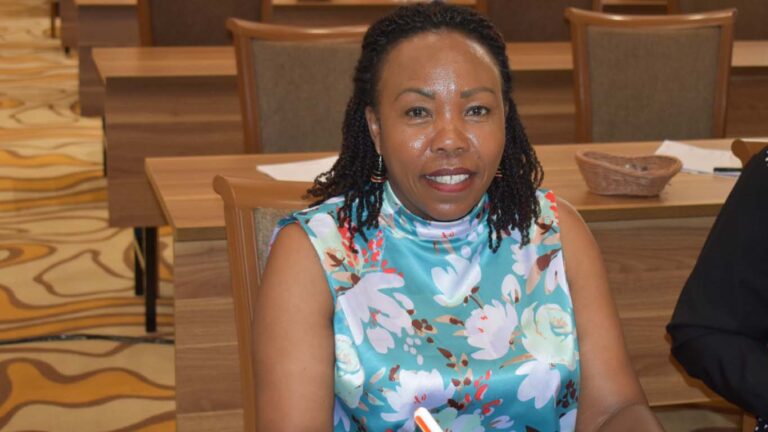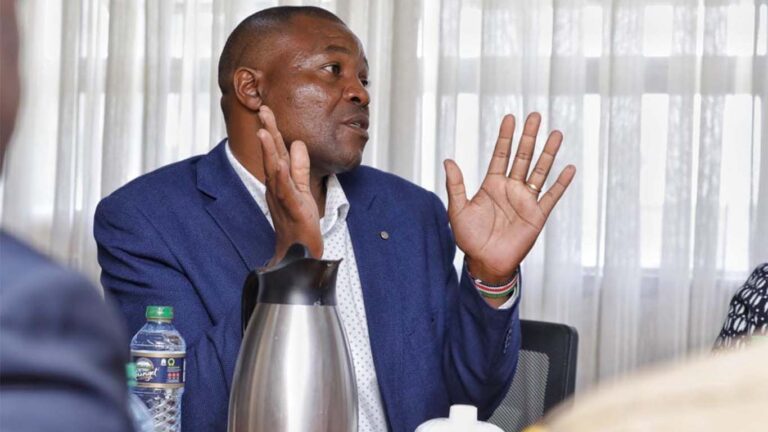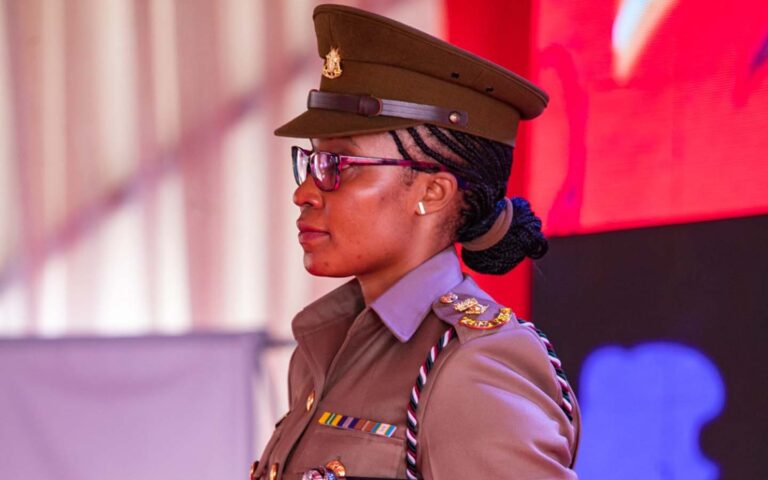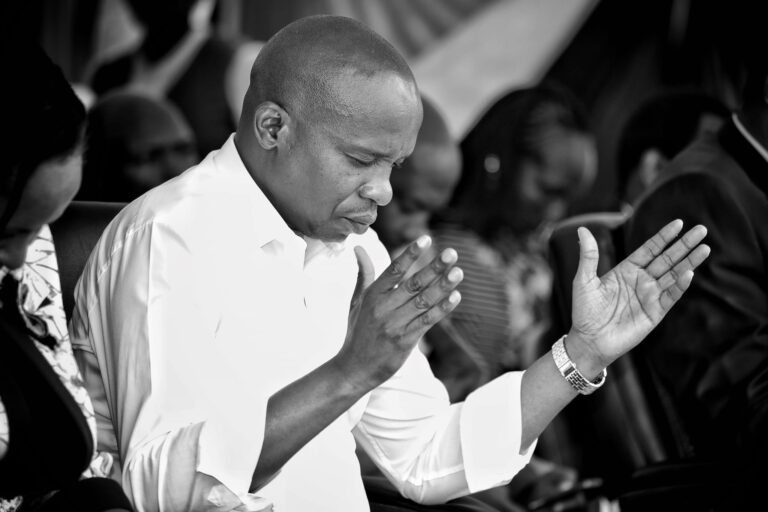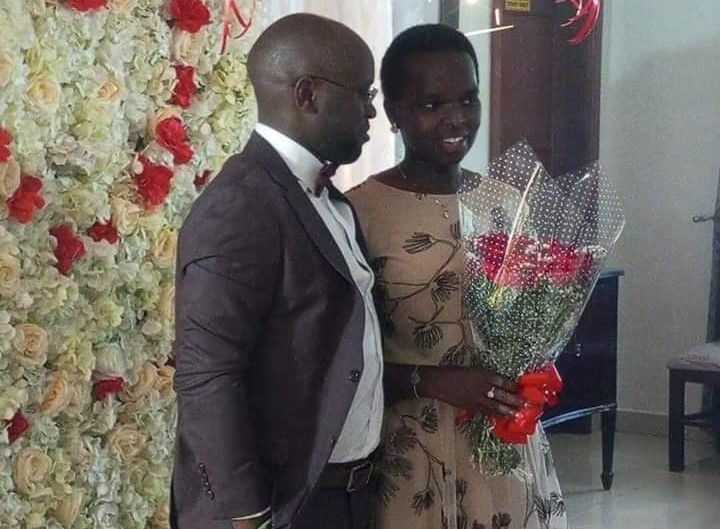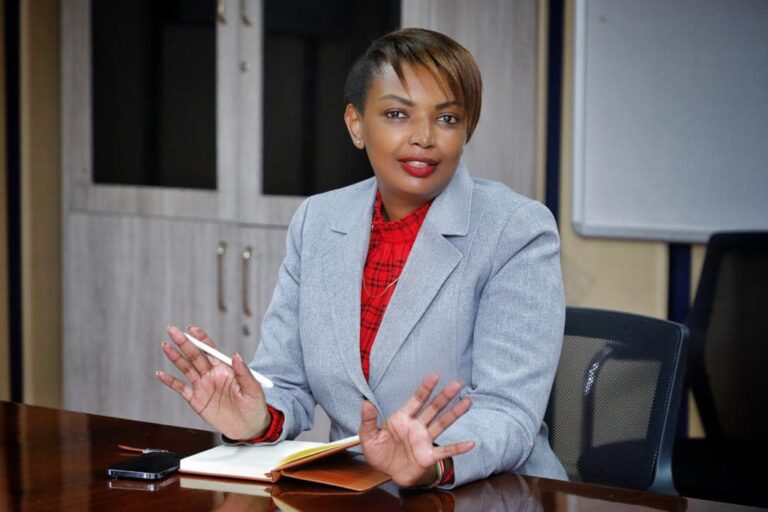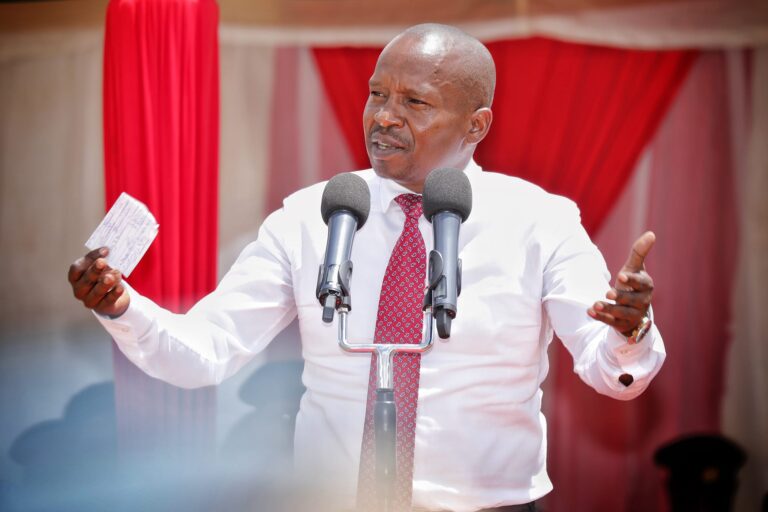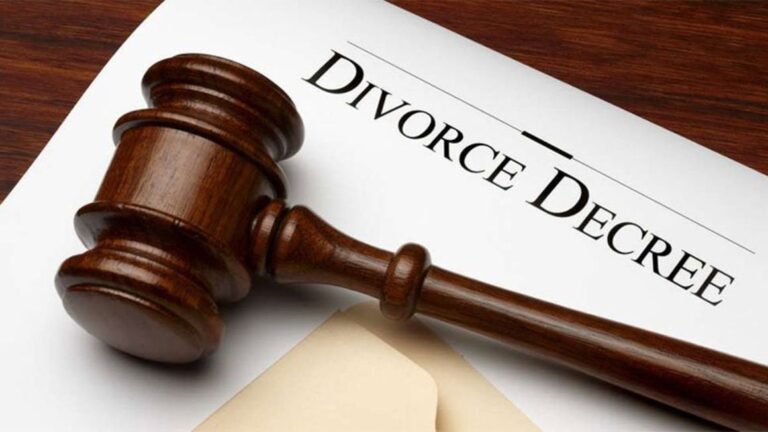Kenya had a patriarchal society since independence which left women marginalised in leadership and representation. There was a low participation and representation of women in the public and political institutions, due to this there were concerns in seeking equality in governance and aspects of public life. The discussions for gender equality started to emerge in the world and Kenya being a nation signatory to various international ,regional and sub regional instruments such as universal declaration of human rights, The Maputo protocol, the Beijing declaration and platform for action and the solemn declaration on gender equality in Africa, had to uphold their principles and make effort to attain equitable gender represention,for example universal declaration of human rights contained the words that all human beings are born free and equal in dignity and rights. Recognizing this the constitution of Kenya 2010,brought the idea of the two third gender rule into life, those behind that idea foresaw that if one gender was more overly represented in parliament could result in marginalization of the other hence the constitution had to domesticate these commitments to safe guard human rights and fundamental freedoms and entrenches this in Article 81(b):”not more than two thirds of the members of elective or appointive bodies shall be of the same gender.” According to the two third gender rule both the national assembly and senate should not have a composition of more than two thirds of their members from one gender. This rule applies to all elective and appointive bodies as stipulated by the 2010 constitution. Furthermore, the constitution in Article 27(8) requires that the state shall take legislative and other measures to implement the principle that not more than two thirds of the members of elective or appointive public bodies shall be of the same gender. Thus, there is a clear constitutional framework that supports equitable gender represention.The Kenyan constitution of 2010 has addressed the problem of gender inequalities in broad terms.
There are several articles addressing gender equality in public offices which include Article 177 on membership of county assembly ,Article 97 on membership of the national assembly ,Article 98 on membership of the senate ,and Article 88 on the establishment of the independent electoral and boundaries commission, sub article 4 states that the commission is responsible in the monitoring of compliance with the legislation required by Article 82(1) relating to nomination of candidates by parties. The constitution of Kenya 2010 was a transition from the previous centralized political governance which was and is still blamed for its vast gender inequality.
Gender equality is a critical element in achieving decent work for all women and men, therefore for any effective social and institutional change that leads to sustainable development with equity and growth ,all gender should be considered equally and given equal right of participation.it is also accepted that women play an important role in decision making in our society hence the need of including them especially in parliament and public bodies. Women are key figures for any development to take place. Without the active participation of women at all levels of decision making ,the goals of equity, development and peace cannot be achieved. Women are believed to bring a completely different change in perception of issues.
The challenge has been now on how to implement this rule and bring it to actualise. The rule was much welcomed, but it failed to take effect because the constitution did not provide mechanism and procedures on how to implement it to fully effect. Following this the attorney general went to supreme court to seek advisory opinion, on whether Article 81(b) as read with Article 27(4) ,article 27(6),article 27(8),article 96,article 97,article 98 article 177(1)(b),article 116 and article 125 of the constitution of the republic of Kenya require progressive realization of the enforcement of the one third gender rule or requires the same to be implemented during the general elections scheduled for 4th march 2013?The court advised that the realization and and attainment of the two thirds gender rule would be progressive and dependents on states further action, therefore article 81 (b) could not be achieved immediately. The supreme court further advised that a framework giving effect to the two thirds gender principle should be in place by 27th august 2015.although this did not bear any fruits.
constitutional petition no 371 of 2016,raised the issue on whether or not parliament has passed legislation that gives effect to the two third gender rule, and if not ,parliament is in breach of constitutional obligation and the petitioners sought to invoke provisions of article 261 sub article (1)(2)(3)(4)(5)(6) especially sub article (7) which states” if parliament fails to enact legislation in accordance with an order under clause (6),the chief justice shall advise the president to dissolve parliament and the president shall dissolve parliament.” Sub article (8),sub article (9) which states” if the new parliament fails to enact legislation in accordance with clause (8),the provisions of clauses (1) to (8) shall apply afresh”.it was held that the failure to implement two third gender rule amounts to a violation of the constitution and further ordered if parliament fails to enact the said legislation within the said period of 60 days from the date of order ,the petitioners or any other person could write to petition chief justice to advise the president to dissolve parliament. On 21st day of September 2020 chief justice performed his constutional duty to advise the president to dissolve parliament in accordance with article 261(7) and that was the only course action chief justice could take for constitution does not provide any other appropriate action to be taken in case of non-compliance by parliament.
To date the parliament has not been dissolved as the constitution does not give timeline for the president to exercise the advisory.it is arguable also the president has discretion to dissolve parliament or not as shall does not mean a MUST. Others argue that the president has no other option other than to dissolve the parliament. Now that is the test of rule of law and constitutionalism ahead of us.
By Tony Karani Kirimi






